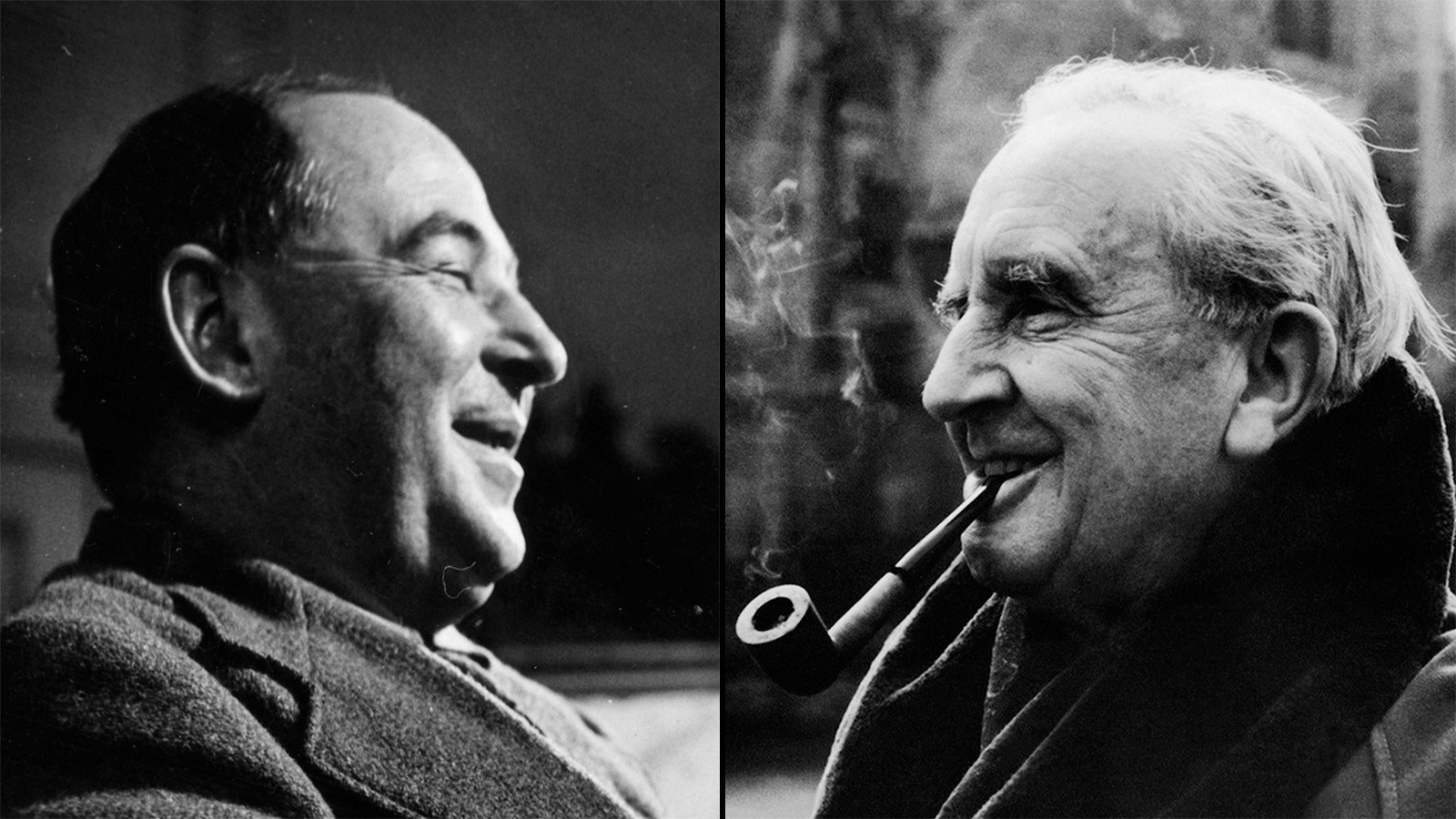“Sing to the Lord a new song all the earth!” (Psalm 96)
Isaac Watts was a minister and musician in England in the early 1700's, and he thought it was time for the church to have a new song. But he didn’t just come up with one new song; he composed a whole host of them. Known as the “Father of English Hymnody,” he is credited with over 700 hymns, many of which are still in use today. In 1719, he published a collection entitled “The Psalms of David,” a new paraphrase which included a hymn based on Psalm 98. It would become his most famous hymn, especially when it was later paired with a tune by Handel. We know it today as “Joy to the World,” and this year, it turns 300 years old.
Joy to the World; the Lord is come!
Let earth receive her King!
Let ev’ry heart prepare Him room,
And Heaven and nature sing.
Let earth receive her King!
Let ev’ry heart prepare Him room,
And Heaven and nature sing.
Joy is the second fruit of the spirit mentioned in Galatians 5 and is also found in many other passages throughout the Scriptures. C.S. Lewis famously said that “joy is the serious business of heaven.” After we believe and receive God’s love for us in Jesus Christ, we are full of joy and gratitude over our newfound faith. But we must also remember that this joy is not just for us; it’s a joy that is meant to be shared with the whole world! Why? Because the Lord himself has come down to bring the kingdom of heaven to earth with the offer of free forgiveness and full salvation for all.
Joy to the earth, the Savior reigns!
Let men their songs employ;
While fields and floods, rocks, hills and plains
Repeat the sounding joy.
Let men their songs employ;
While fields and floods, rocks, hills and plains
Repeat the sounding joy.
We don’t have to wait until the last day for Jesus to begin his reign. He is ruling and reigning over all things right now and has been ever since his ascension into heaven. That’s why some people have said that this is more of an ascension hymn than a Christmas hymn. And though the whole creation is indeed groaning as it awaits the consummation of all things, it is still full of worship and praise at the glory of its Creator. All creation joins together to repeat the sounding joy.
No more let sins and sorrows grow,
Nor thorns infest the ground;
He comes to make his blessings flow
Far as the curse is found.
Nor thorns infest the ground;
He comes to make his blessings flow
Far as the curse is found.
It’s fascinating to think that the thorn, one of the signs of the fall, would also be instrumental in the event that would reverse the curse of the fall: namely, the crown of thorns placed on Jesus’ head before he was crucified at Calvary for the sins of all the world. He wore a crown of thorns so that we might wear a crown of life. He comes to make his blessings flow far as the curse is found.
He rules the world with truth and grace,
And makes the nations prove
The glories of His righteousness,
And wonders of His love.
And makes the nations prove
The glories of His righteousness,
And wonders of His love.
Truth and Grace: two of the most foundational truths in the whole Bible. Another way for reformation-type folks to say it is, law and gospel. This is what the entire grand story of God’s salvation is all about: the truth about ourselves as sinners and the truth about our gracious God and love and mercy and compassion towards us in his Son, Jesus Christ. Because of his first advent, we can be full of hope and joy as we await his second advent, when we will, together with all the saints, behold the glories of his righteousness and wonders of his love.
Joy to the World, the Lord is Come!
+++














